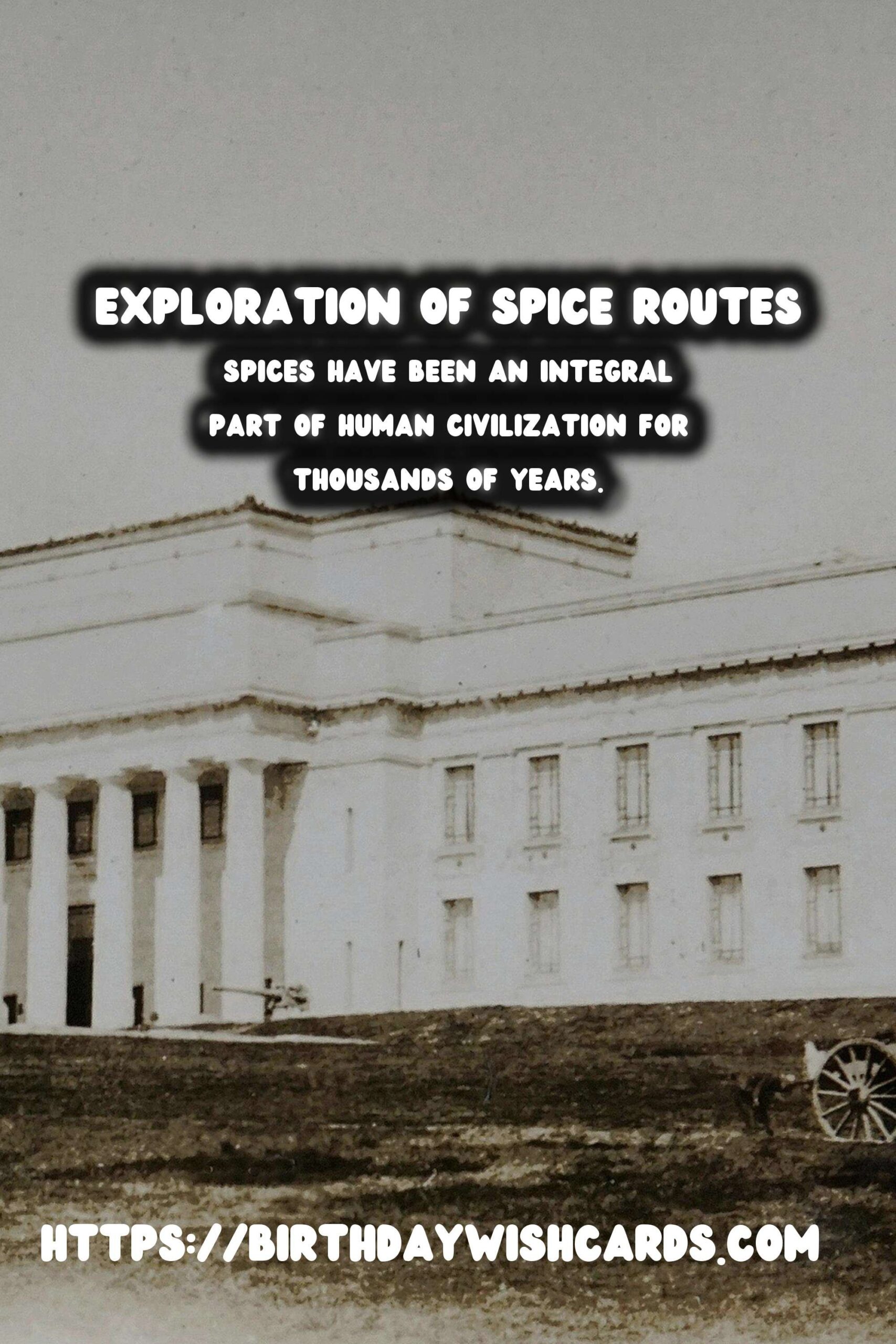
Spices have been an integral part of human civilization for thousands of years. The history of spices is not just a tale of flavors and aromas; it is the very narrative of trade, exploration, and cultural exchanges across continents.
The Origins of Spice Trade
The trade of spices is one of the oldest global commercial activities recorded in human history. Long before it caught the fascination of European explorers, spices were traded across Asia, the Middle East, and Africa. Regions like India, China, and Egypt were early hubs of this lucrative and often mysterious trade.
Spices like cinnamon and pepper were highly sought after. They were not only used to enhance the flavors of food but also valued for their medicinal properties and religious significance.
Spices in Ancient Civilizations
In Ancient Egypt, spices played a significant role, both for culinary purposes and in mummification processes. Archaeological findings suggest that ancient Egyptians traded with distant lands to acquire imported spices such as cinnamon from Sri Lanka and mustard seeds from India.
Ancient Greek and Roman societies also held spices in high esteem, using them to season food and create perfumes and incense, which were essential in religious ceremonies.
The Age of Exploration
Fast forward to the Age of Exploration, spices became the driving force behind European expansion. The search for new spice routes was the reason behind some of the most significant voyages of exploration. When Vasco da Gama sailed to India in 1498, it marked the beginning of a new era for spice trade with Europe, which until then had been dominated by Venice through its control of the Mamluks of Egypt.
Christopher Columbus’s journey to the Americas was also influenced by a desire to find alternative routes to the spice riches of Asia.
The Global Impact of Spices
The spice trade led to the establishment of major trade ports and the exchange of cultures and knowledge. Beyond culinary uses, spices became symbols of luxury and wealth.
The impact of spices is profound in gastronomy, medicine, and even politics, shaping the world in incredible ways.
Modern-Day Spice Trade
Today, spices continue to be an invaluable part of our culinary adventures worldwide. A seemingly simple spice can carry with it centuries of history, culture, and connections between different people and lands.
Efforts to preserve traditional spice farming methods while encouraging sustainable practices are vital in keeping this important aspect of world history alive.
Conclusion
The history of spices is a fascinating journey through time, marked by exploration, innovation, and cultural exchange. From the ancient civilizations of Egypt and Greece to the spice routes navigated by European explorers, spices have played a pivotal role in shaping our world.
Spices have been an integral part of human civilization for thousands of years. The spice trade led to the establishment of major trade ports and the exchange of cultures and knowledge.
#CulinaryAnthropology #GlobalSpices

